Chocolate, the king of confections, continues to grow in popularity. Chocolate is surely nature’s sweetest combination of fruit and vegetable, sugar and cocoa beans. Kosher chocolate is a delicious study of technology and halachah. Let’s explore the intoxicating world of chocolate.
Over the years, chocolate manufacturing has continued to grow, both domestically and internationally. Chocolate connoisseurship has reached new heights. Believe it or not, the most expensive chocolate today costs in excess of $90 a pound. The chocoholic delights at the sight of Belgian truffles, French bonbons, Swiss chocolate and other chocolate bars that abound. Most major chocolate manufacturers in the U.S. have reliable kosher certification. Some specialty chocolate manufacturers are kosher certified, as well. Cholov Yisroel chocolate in particular has recently seen unprecedented growth. Today, a Cholov Yisroel consumer can feast on a Cholov Yisroel chocolate equivalent without having to compromise on taste or quality.
Chocolate raw ingredients make a long […]





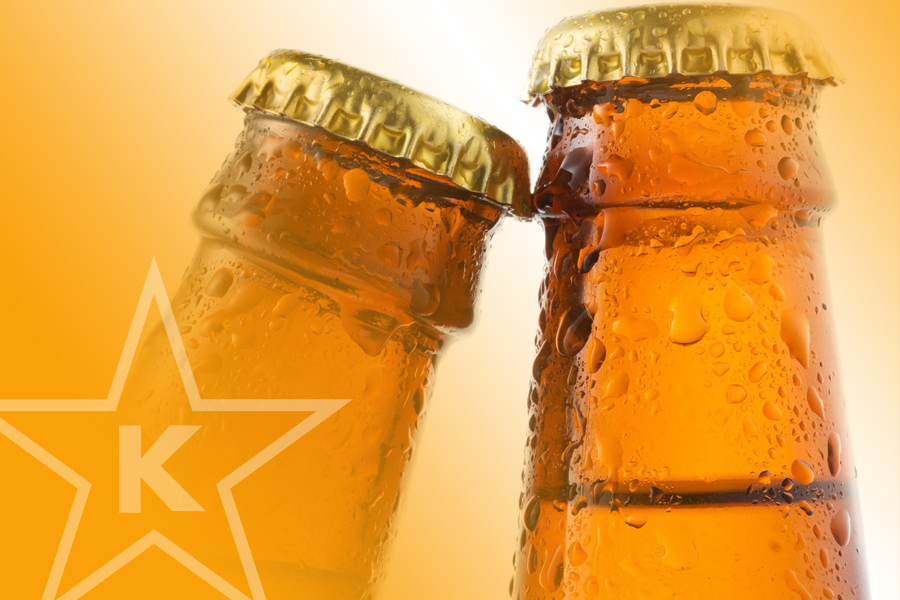

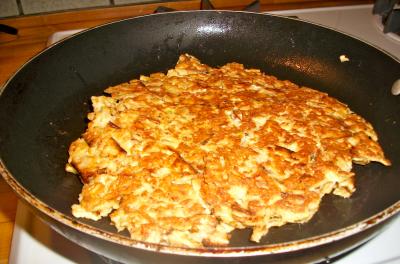


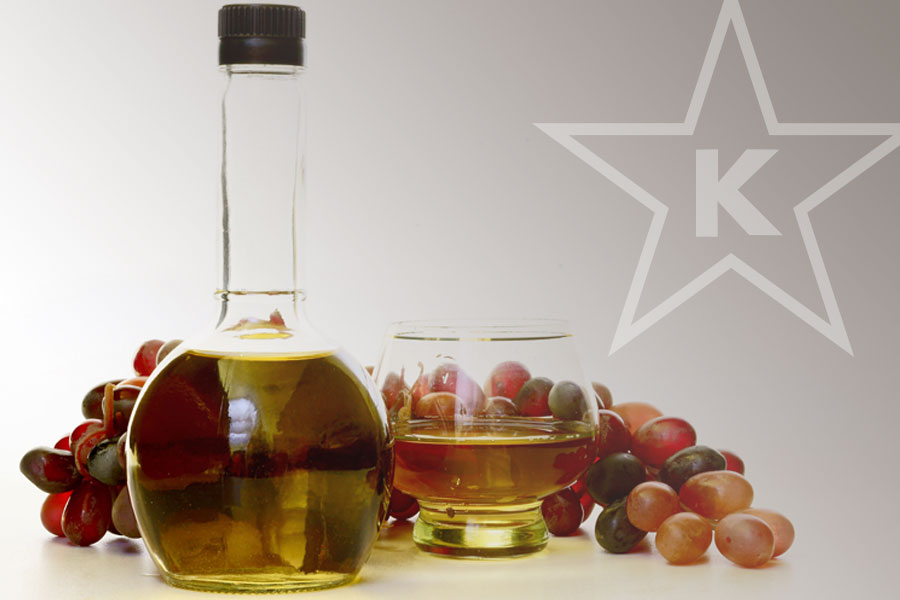


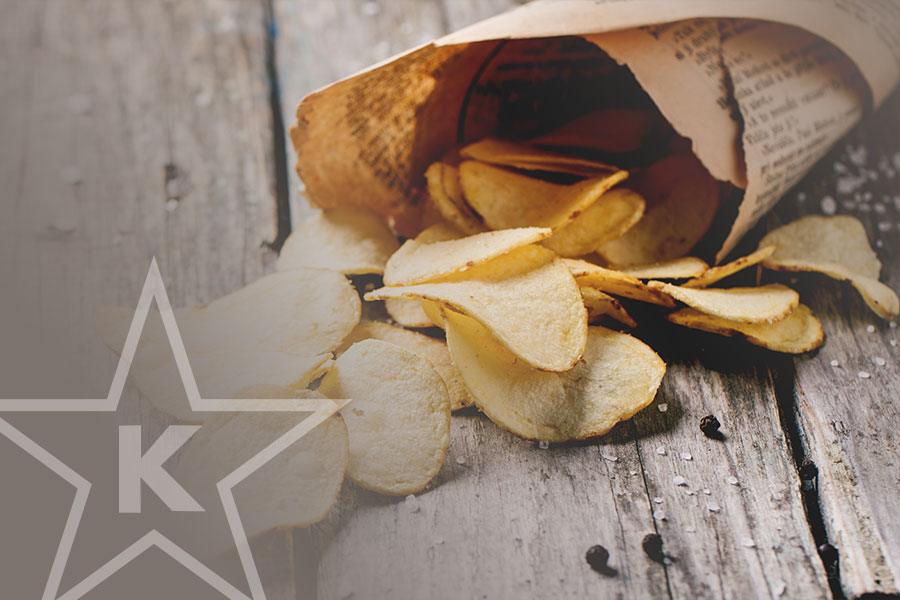

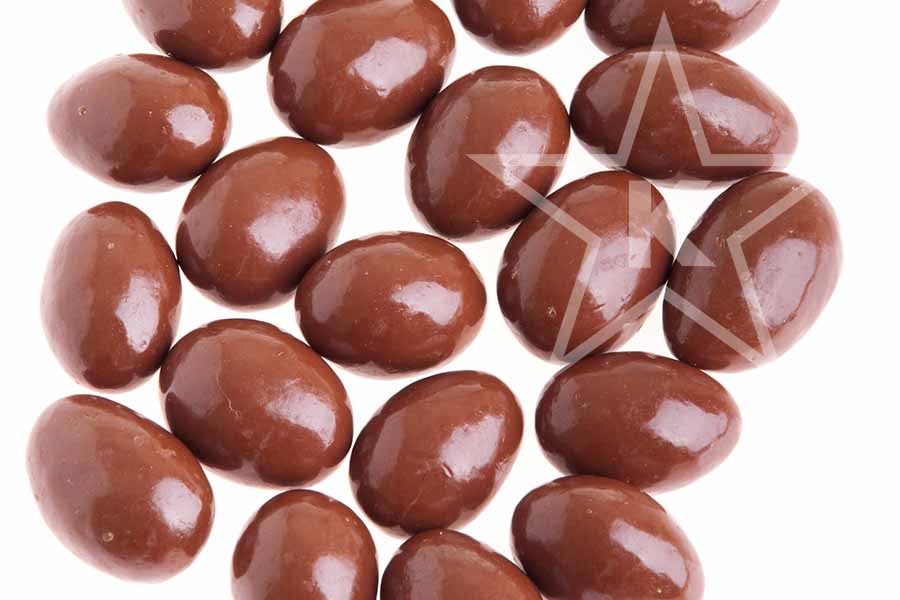
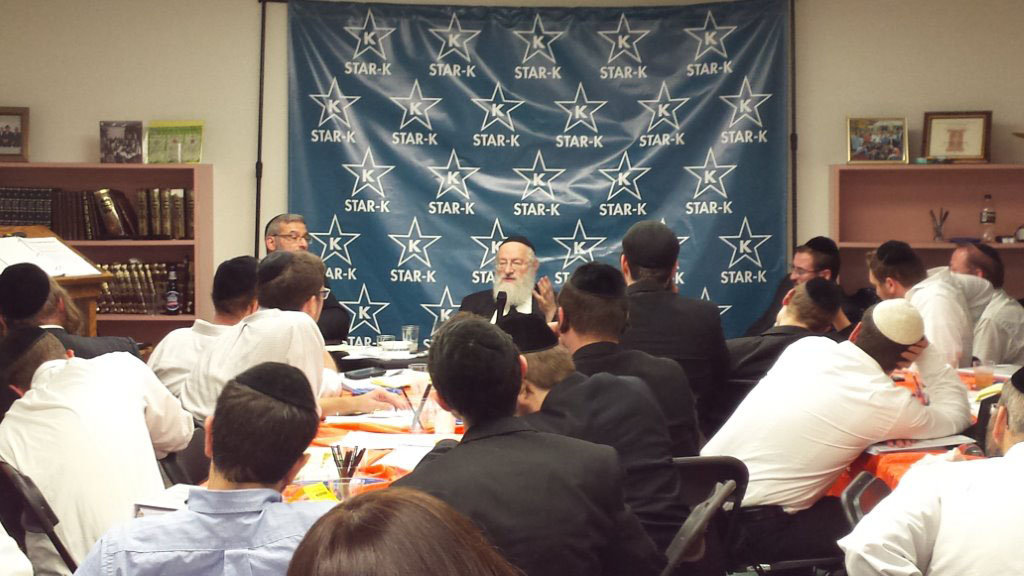

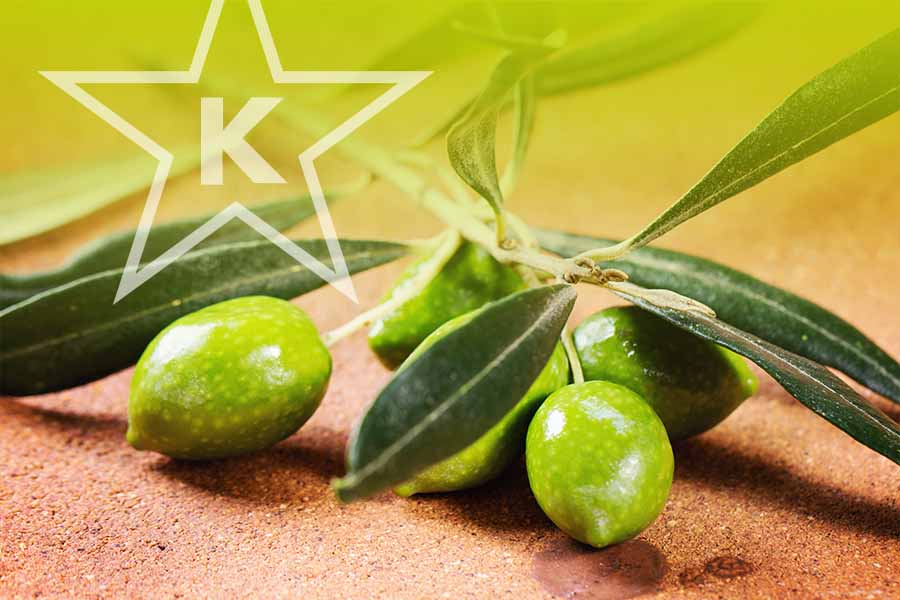
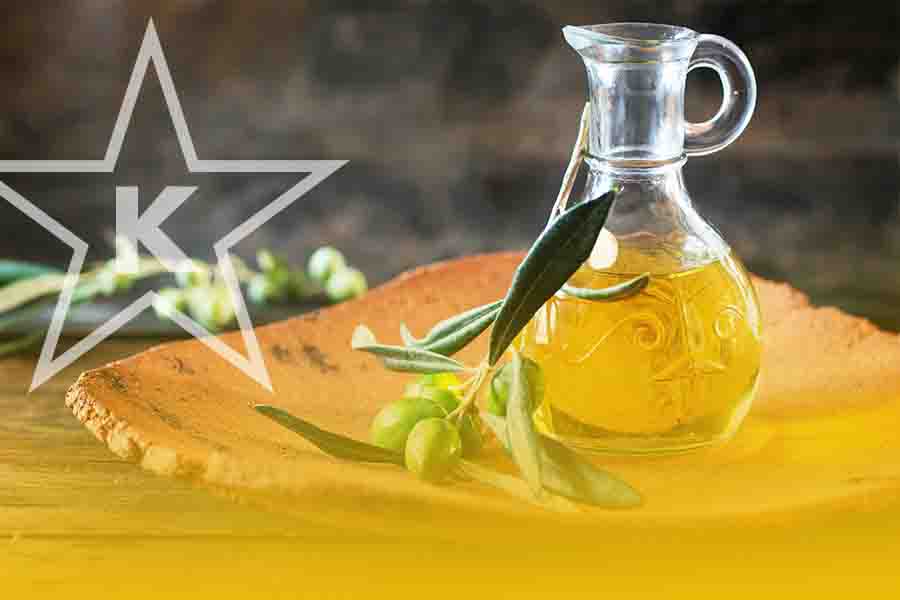
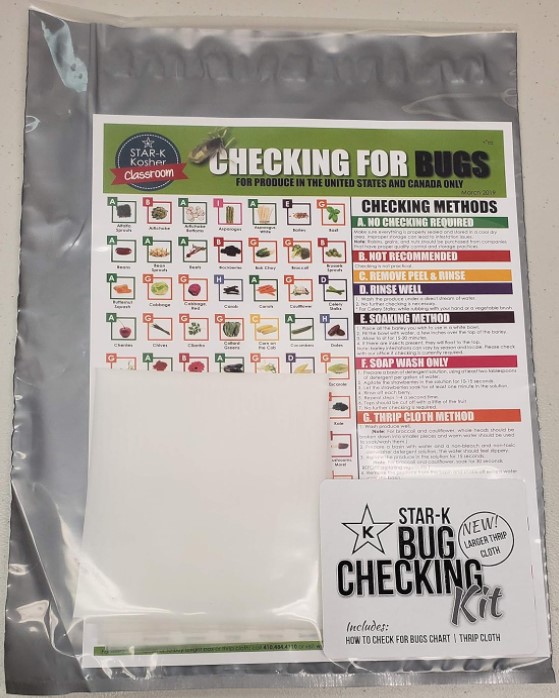
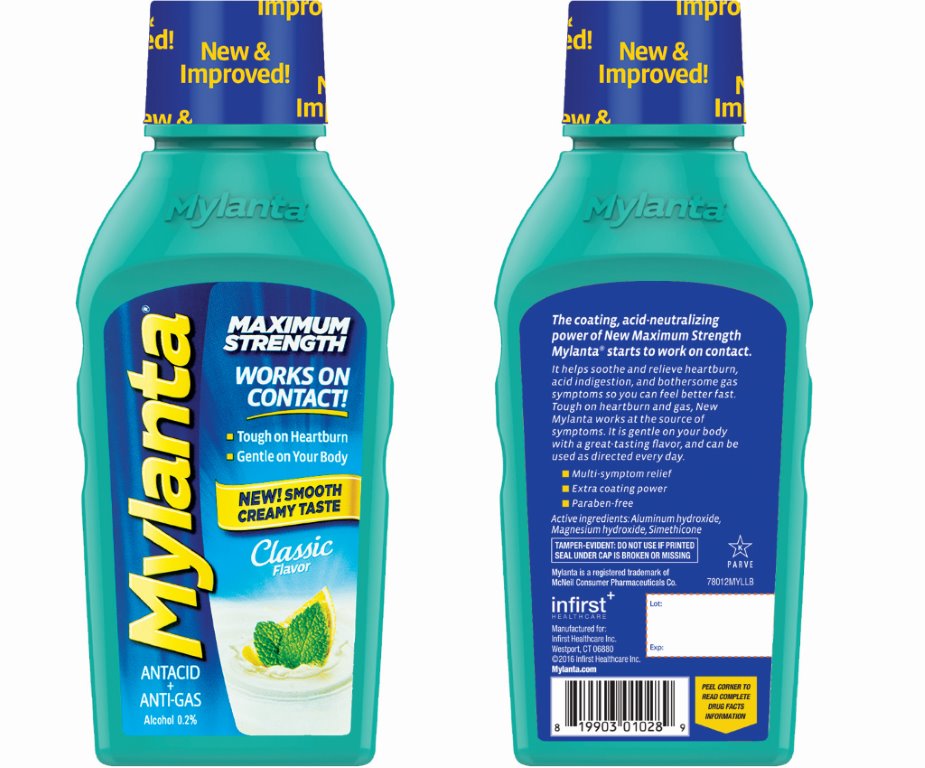

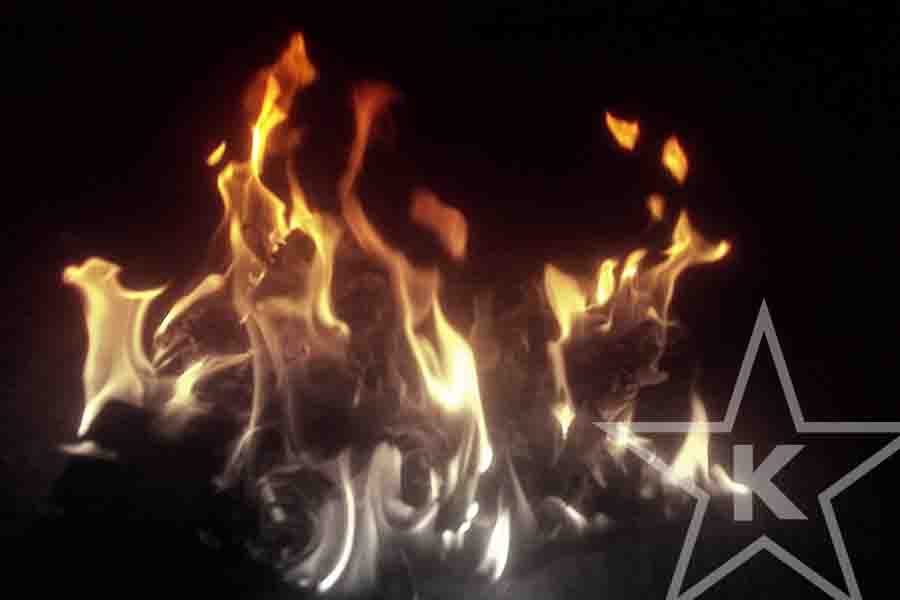
 STAR-D
STAR-D STAR-S
STAR-S